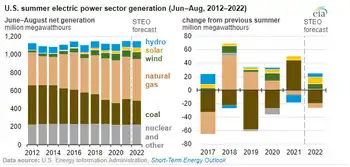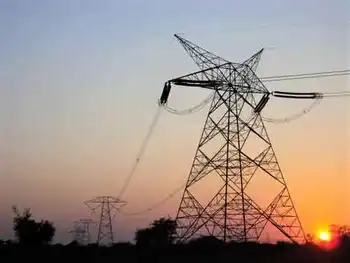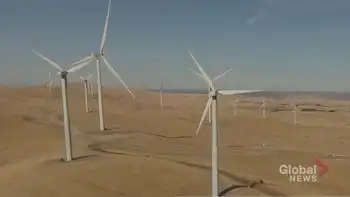EPA decision signals trouble for coal
By New York Times
Substation Relay Protection Training
Our customized live online or in‑person group training can be delivered to your staff at your location.

- Live Online
- 12 hours Instructor-led
- Group Training Available
The decision — which responded to a Sierra Club petition to review an EPA permit granted to a coal plant in Utah — does not require the EPA to limit carbon dioxide emissions from power plants, something which environmentalists have long sought.
Rather, it requires the agencyÂ’s regional office to at least consider whether to regulate carbon dioxide emissions, before the agency gives a green light to build the Utah plant. On a broader scale, it will delay the building of coal-fired power plants across the country, long enough for the Obama administration to determine its policy on coal, according to David Bookbinder, chief climate counsel for the Sierra Club.
“They’re sending this permit — and effectively sending every other permit — back to square one,” he said, adding, “It’s minimum a one- to two-year delay for every proposed coal-fired power plant in the United States.”
The decision references the landmark Massachusetts v. EPA decision last year that declared carbon dioxide a pollutant under the Clean Air Act. That ruling, however, has not yet prompted the EPA to act to regulate it.
It is the latest setback for coal plants, which emit far more carbon dioxide than natural gas or other power plants. Last year, Kansas state regulators denied a permit to a coal plant because of its carbon dioxide emissions.
“Although a new administration could always have reversed course, this makes it easier by providing the first prod,” said Jody Freeman, director of the environmental law program at Harvard Law School. “And it’s a heads-up to the coal industry that stationary-source regulation of CO2 is coming.”
The coal industry put its best face on the decision. The ruling “merely says what the court has said — that the EPA has the authority to regulate greenhouse gases under the Clean Air Act,” said Carol Raulston, a spokeswoman for the National Mining Association, an industry group.
However, she said, before rulemaking occurs, the EPA has to make an “endangerment” finding, which has not yet been done. An “endangerment” finding would involve the EPA declaring that carbon dioxide is a danger to public welfare, and would lead to regulation.
“We still believe, as do many in Congress, that the Clean Air Act is not very well structured to regulate greenhouse gases, and that Congress ought to address this through legislation,” added Ms. Raulston.
Ms. Freeman said that the decision was part of a larger debate going forward “over whether and how the Clean Air Act might be used to regulate greenhouse gases while we wait for new climate legislation.
“EPA has the authority to impose limits on CO2 coming from sources like power plants through the normal permit process,” she continued. “And we may see this happen in the new administration.”











